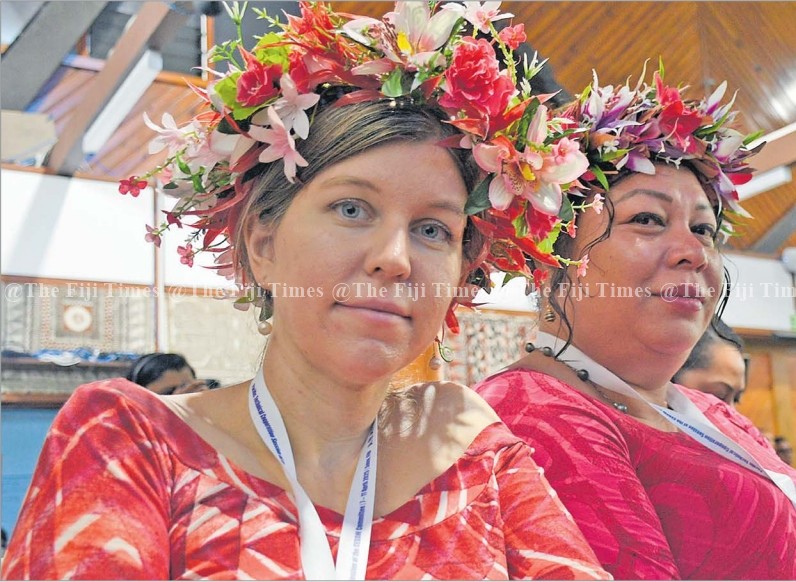Fiji must urgently overhaul its laws and institutions to better protect women – especially rural, iTaukei, disabled and LGBTQI women – according to the United Nations Committee on the Elimination of Discrimination against Women (CEDAW).
In a report released this month, the Committee called for bold legal reforms to address gender-based violence (GBV), discrimination, and deep-rooted patriarchal norms, warning that “cultural norms and traditional power relations … continue to reinforce male dominance” and exclude women from leadership and justice.
The report forms part of the committee’s concluding observations following its review of Fiji’s sixth periodic report under the Convention on the Elimination of All Forms of Discrimination against Women. The review was held during a rare Pacific Technical Cooperation Session hosted in Suva in April 2025.
As a party to CEDAW since 1995, Fiji is required to report periodically on its progress under the treaty.
The Committee has called for Fiji to criminalise workplace sexual harassment, decriminalise abortion, outlaw bulubulu (traditional reconciliation) in GBV cases, and ensure “that evidence related to a survivor’s prior sexual history or character is inadmissible” in rape trials.
Fiji was also urged to pass anti-discrimination legislation, introduce gender quotas in Parliament and government, and expand mobile courts and legal aid for women in outer islands. It warned that survivors face “financial, linguistic, procedural and socio-cultural barriers” in accessing justice.
“Women, especially rural women and iTaukei women, older women, women with disabilities, and lesbian, bisexual, transgender and intersex women are often not aware of their human rights under the convention,” the report said.
The committee welcomed Fiji’s recent policy gains, including the National Action Plan to Prevent Violence against Women and Girls (2023–2028), but stressed that policies must be matched by enforcement, funding and data. It criticised the “limited financial and institutional capacity” of the Women’s Ministry and the lack of gender budgeting across ministries.
On political representation, it noted that Fijian women remain underrepresented across Parliament, the judiciary, police and traditional leadership, and recommended that Fiji “amend its electoral laws to require political parties to ensure equal numbers of women and men on their candidate lists”.
It also called on Fiji to “legalise abortion in cases of rape, incest, risk to the life or health of the pregnant woman and severe foetal impairment – and decriminalise it in all cases” to ensure safe access to reproductive health care.
Minister for Women Sashi Kiran led the national delegation during the session, which included officials from across government.
While Fiji was praised for ratifying all nine core human rights treaties, the committee concluded that achieving real gender equality would require “systemic change”, not “piecemeal progress”.



